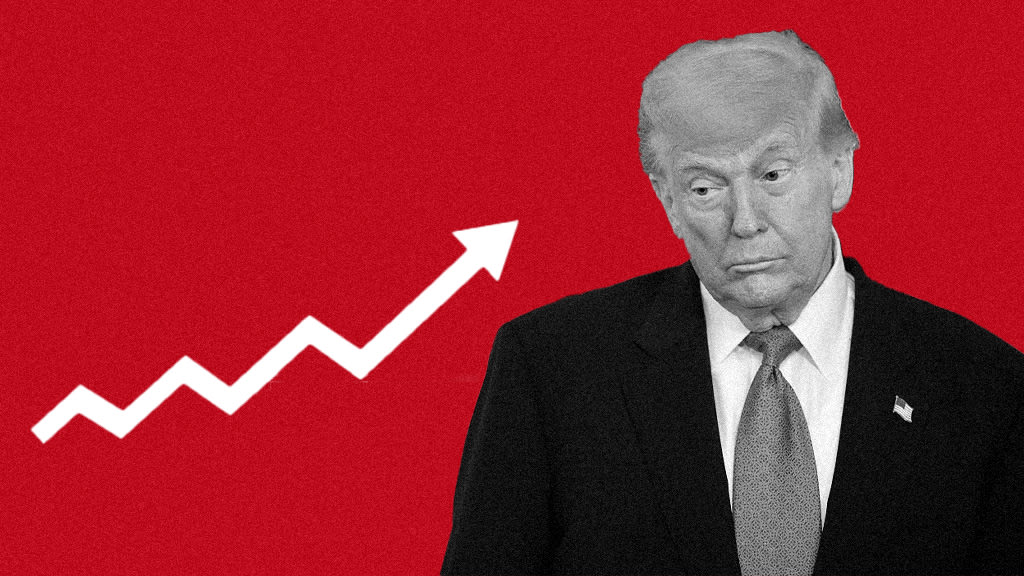Stock prices tumble as interest rate fears grip Wall Street
NEW YORK – Just one day after the Dow Jones industrials average closed at a record high, global stocks nose-dived Thursday as interest rates in the U.S. continue to rise. The S&P 500 index suffered its biggest drop in months as internet and technology companies fell. The yield on the 10-year Treasury note climbed again, to 3.19 percent, after hitting a seven-year high just a day ago.
Strong reports on job gains and the service industry have sent bond prices tumbling over the last two days as bond traders bet the U.S. economy will keep growing. Government bonds are stable investments that look most appealing when economic growth is shaky. But the big drop in bond prices is pushing interest rates sharply higher, a development that worries investors because it can eventually slow economic growth by making borrowing more expensive for consumers and businesses.
After being hammered lower by more than 350 points earlier on Thursday, the Dow Jones industrials index ended the day down 201 points, or 0.75 percent, at 26,627. The S&P 5oo lost 24 points, or 0.8 percent, to close at 2,902. The Nasdaq Composite took the day's hardest fall, tumbling 146 points, or 1.8 percent, ending at 7,880.
Google's parent company Alphabet fell nearly 3 percent, while Microsoft and Amazon lost around 2 percent each. Apple gave up 1.8 percent.
Thursday's drop ends three months of relative calm on the stock market as investors were heartened by the state of the U.S. economy and were growing less concerned about trade tensions between the U.S., China and other countries.
At 3.19 percent, the 10-year Treasury yield is at its highest level since May 2011, following encouraging signs on hiring by private companies and growth for services companies.
That data suggests the economy should keep growing at a solid pace. That translates to bigger profits for U.S. companies and continued increases in interest rates by the Federal Reserve, which raises rates to keep inflation in check. But as interest rates rise, it becomes more expensive for consumers and businesses to borrow money, and growth gradually slows.
Sameer Samana, strategist for the Wells Fargo Investment Institute, said after months of positive economic data, traders in the bond market are selling because they've decided yields are too low for them to get a good return on their investments.
"Economic data for months has been strengthening," he said. "The bond market has completely ignored it until recently."
Samana said investors aren't shying away from the stock market, because they're buying shares of companies that have been left out of the market's recent gains. Bank stocks are flat this year, while the S&P 500 index of industrial companies is up 4 percent and energy companies have risen about 7 percent. The S&P 500 itself is up 8 percent.
Tech stocks, which have led the market this year took sharp losses. But banks, which rallied Wednesday, kept rising. Higher yields mean they make bigger profits on mortgages and other types of loans. Bank of America added 1.4 percent to $30.43, and Wells Fargo rose 1.6 percent to $53.51.
Barnes & Noble climbed 21.8 percent to $6.65 after the bookseller said it will review offers from potential buyers, including one from founder and chairman Leonard Riggio, the company's biggest shareholder. Even after Thursday's gain, Barnes & Noble stock is slightly lower in 2018 and has lost almost two-thirds of its value since July 2015.





